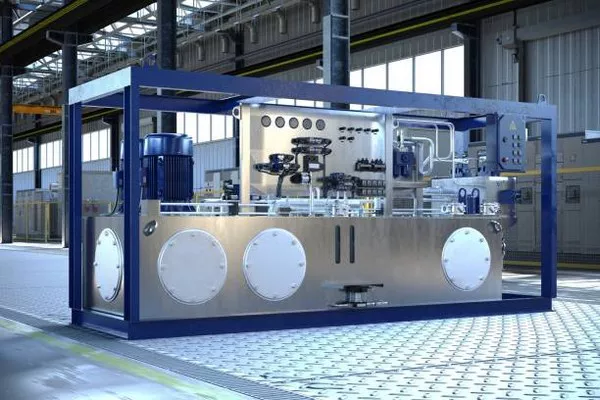The comfort of modern vehicles owes much to the air conditioning (AC) system, a feature now considered essential in cars worldwide. Central to the functionality of a car’s air conditioning system is the AC compressor. This article delves into the intricate role of the AC compressor, exploring its operation, importance, common issues, and maintenance.
Understanding the AC Compressor
The AC compressor is often described as the heart of the air conditioning system. Its primary function is to compress the refrigerant and circulate it through the system, facilitating heat exchange that results in the cooling of the car’s interior.
How the AC Compressor Works
Compression and Pressurization: The AC compressor’s main job is to take the low-pressure refrigerant in gaseous form from the evaporator and compress it to a high-pressure, high-temperature gas. This process increases the refrigerant’s pressure and temperature significantly.
Refrigerant Circulation: Once compressed, the high-pressure refrigerant gas is pushed to the condenser. The compressor ensures a continuous flow of refrigerant, which is vital for the system to function efficiently.
Heat Exchange: In the condenser, the high-pressure refrigerant gas releases its heat to the surroundings, condensing into a high-pressure liquid. The liquid then moves through the system, ultimately reaching the evaporator where it absorbs heat from the car’s interior, providing cooling.
Regulation and Control: The AC compressor works in conjunction with various sensors and the vehicle’s control module to regulate its operation. It adjusts based on the cooling demand, ensuring optimal performance and energy efficiency.
Types of AC Compressors
Fixed Displacement Compressors: These compressors operate at a constant capacity, regardless of the cooling demand. They are simpler but less efficient compared to variable displacement compressors.
Variable Displacement Compressors: These adjust their displacement according to the cooling needs of the vehicle, offering better efficiency and performance. By varying the displacement, these compressors can reduce energy consumption and improve fuel efficiency.
Components of the AC Compressor
Compressor Clutch: Engages and disengages the compressor as needed, allowing it to run only when cooling is required. This helps in conserving energy.
Pulley: Driven by the engine’s belt system, it transfers power to the compressor.
Valve: Regulates the flow of refrigerant into the compressor.
Housing: Encloses the internal components, ensuring protection and structural integrity.
Importance of the AC Compressor
The AC compressor is crucial for several reasons:
Climate Control: It allows the vehicle’s air conditioning system to provide a comfortable environment by effectively cooling the interior.
Defogging: The AC system, aided by the compressor, helps in defogging windows, improving visibility and safety.
Air Quality: By circulating the refrigerant, the compressor plays a role in filtering and dehumidifying the air, contributing to a healthier in-car atmosphere.
Common Issues with AC Compressors
Wear and Tear: Over time, the internal components of the compressor can wear out, leading to reduced efficiency or failure.
Leaks: Refrigerant leaks due to worn seals or hoses can impair the compressor’s functionality.
Electrical Issues: Problems with the clutch, wiring, or control module can prevent the compressor from engaging.
Contamination: Dirt and debris can contaminate the refrigerant, causing damage to the compressor and other parts of the AC system.
Symptoms of a Failing AC Compressor
Reduced Cooling: One of the most noticeable signs is the air conditioning system’s inability to cool the car effectively.
Unusual Noises: Grinding, squealing, or rattling noises from the compressor indicate mechanical issues.
Clutch Problems: If the clutch fails to engage or disengage properly, the compressor will not function as required.
Refrigerant Leaks: Visible leaks or a decrease in refrigerant levels can point to compressor problems.
Maintenance and Care of the AC Compressor
Regular Inspections: Periodic checks by a professional can identify potential issues early, preventing costly repairs.
Timely Repairs: Addressing minor problems promptly can extend the compressor’s lifespan.
Proper Use: Avoid running the AC continuously at maximum capacity to reduce strain on the compressor.
System Cleanliness: Ensuring the AC system is free from contaminants protects the compressor from damage.
SEE ALSO How Much Is A Trane Air Conditioner Compressor
Conclusion
The AC compressor is an essential component of a car’s air conditioning system, playing a vital role in maintaining comfort, safety, and air quality within the vehicle. Understanding its function, recognizing common issues, and adhering to proper maintenance practices can ensure the longevity and efficiency of the compressor. As automotive technology continues to advance, the role of the AC compressor will remain pivotal, highlighting the need for ongoing attention and care from both car manufacturers and owners.

